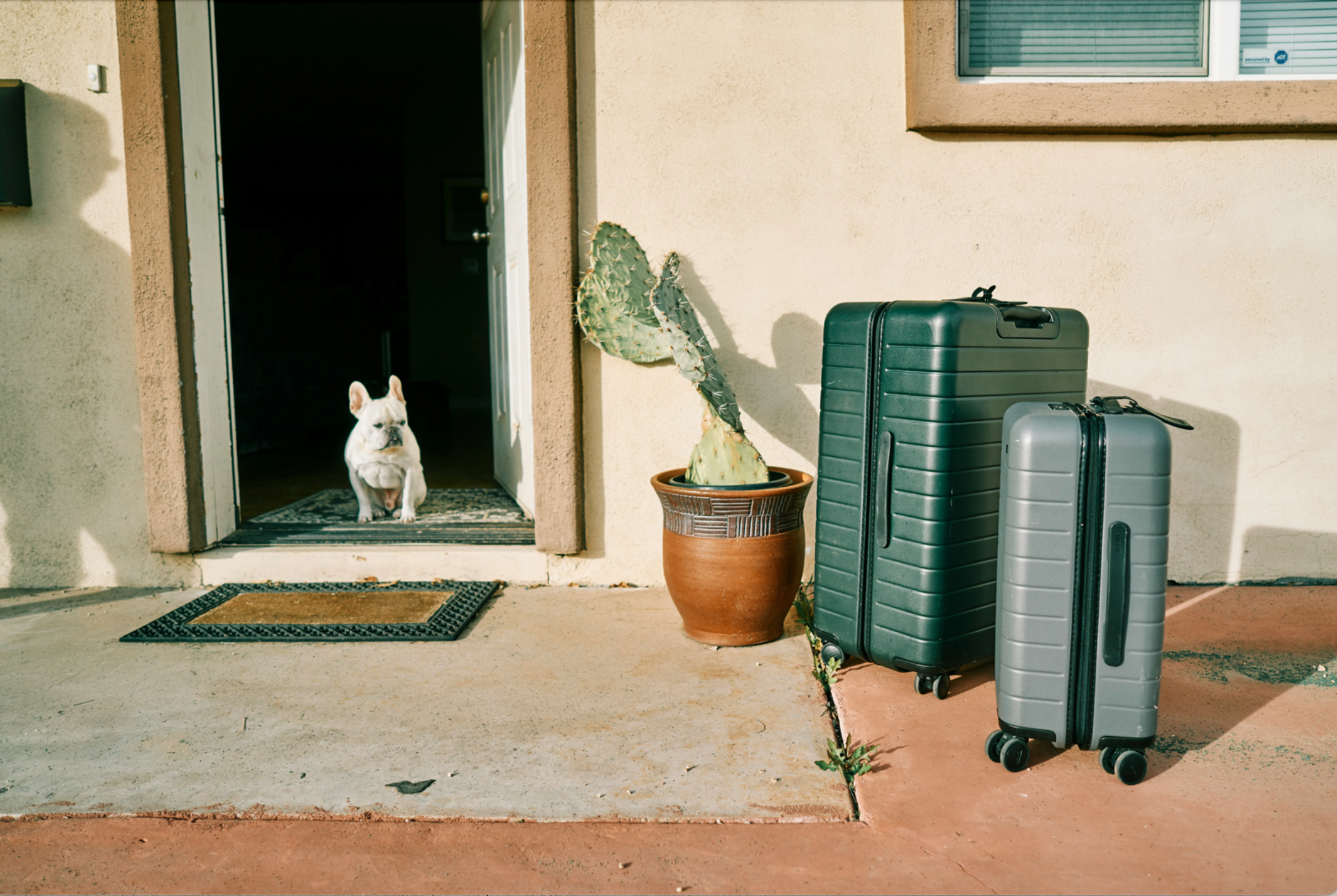Illegal squatting in Spain: problems, solutions and the impact on real estate investment.
Squatting in Spain is a phenomenon that has gained importance in recent years and has generated controversy in society. Illegal squatting (AKA Okupas) of homes in Spain is a social and legal problem that affects thousands of homeowners and empty homes throughout the country.
One of the main problems faced by homeowners is the lack of action by the authorities and the slowness of the judicial system in resolving these squatting cases in Spain.
In addition, illegal squatting can have serious consequences for the safety and health of owners and neighbors, as many squatters do not comply with safety regulations or properly maintain the property. Illegal squatting can also have a negative impact on property values and the overall quality of life of the community.
However, it is important to keep in mind that many of the squatters (okupas) are people in vulnerable situations, such as homeless people, who are looking for a place to live. It is important to approach this illegal squatting problem in Spain from a human perspective and seek solutions that address the needs of both parties, such as social housing and support for people in vulnerable situations.
You can find more information about the okupas here.
Proposed solutions
One of the solutions that has been proposed to address the problem of illegal squatting in Spain is the creation of a more efficient and agile system for the recovery of illegally occupied properties. This would include a reform of the judicial system to make it faster and more efficient in resolving these illegal squatting cases and greater collaboration between authorities and owners to ensure that their rights are respected.
In addition, it is important to promote social housing and support programs for people in vulnerable situations to address the problem of squatting in Spain more effectively. These programs can provide long-term solutions for homeless people and help prevent illegal squatting in the future.
In conclusion, illegal squatting in Spain is a complex problem that requires long-term solutions and a humane approach. It is important to seek solutions that address the needs of both landlords and people in vulnerable situations and to reform the judicial system to ensure swift and efficient action.
Illegal squatting in numbers
It is estimated that there are approximately 400,000 illegally occupied dwellings in Spain. This figure represents a major concern for the Spanish government and society, and efforts are underway to address this problem. However, it is important to note that accurate statistics and figures on illegal squatting can be difficult to obtain, as these situations are often not officially recorded.
The average time frame for evicting an illegally occupied dwelling depends on several factors, including the judicial procedure being used and the availability of the courts. In general, the eviction process can be a lengthy and complicated process, which can take several months or even years.
In the case of fast-track eviction proceedings, which are used in cases of illegal squatting, the average time for eviction can be between one and three months. However, in other cases, the eviction process can be much longer, especially if appeals or appeals are filed by the squatter.
In general, it is important to note that the eviction process can be a complicated process and may require the assistance of an attorney specializing in real estate law. This is especially true in cases of illegal squatting, which can be particularly complicated and require a thorough knowledge of the relevant legislation and procedures.
Impact on the Spanish foreign investments
The existence of squatters worries many investors, especially foreigners who are unaware of the legislation and discard investing because of the legal uncertainty involved.
This undoubtedly hurts the investment opportunities we recently blogged about.
If you are one of them, here are five arguments why illegal squatting should not discourage foreign investment in Spain:
1.- Economic strength: Spain has a solid and diversified economy, which makes it attractive to foreign investors. Squatting is a one-off problem and should not minimize the country’s economic strength.
2.- Governmental action: There are elections in Spain in 2023 and this means that the political parties, aware of this social problem, have presented different solutions to solve this issue and address the problem of illegal squatting, including law reform and collaboration with owners to protect their property rights.
3.- Business opportunities: Properties occupied have a much lower market value. So it may be a business opportunity to buy one of these properties and then negotiate with the okupa. Spain offers a wide range of business opportunities in various sectors, including tourism, technology, renewable energy, among others. Illegal squatting should not discourage investment in these sectors.
4.- Infrastructure and services: Spain has excellent infrastructure and services, which makes it attractive to foreign investors. Squatting should not discourage investment in these sectors.
5.- Strong business community: Spain has a strong and active business community, which provides support and collaboration opportunities to foreign investors. Squatting should not discourage investment in this sector.
In conclusion, although illegal squatting is a major problem in Spain, it should not discourage foreign investment. Spain has a strong economy, plans for effective government action, business opportunities, excellent infrastructure and a strong business community that make it attractive to foreign investors.



